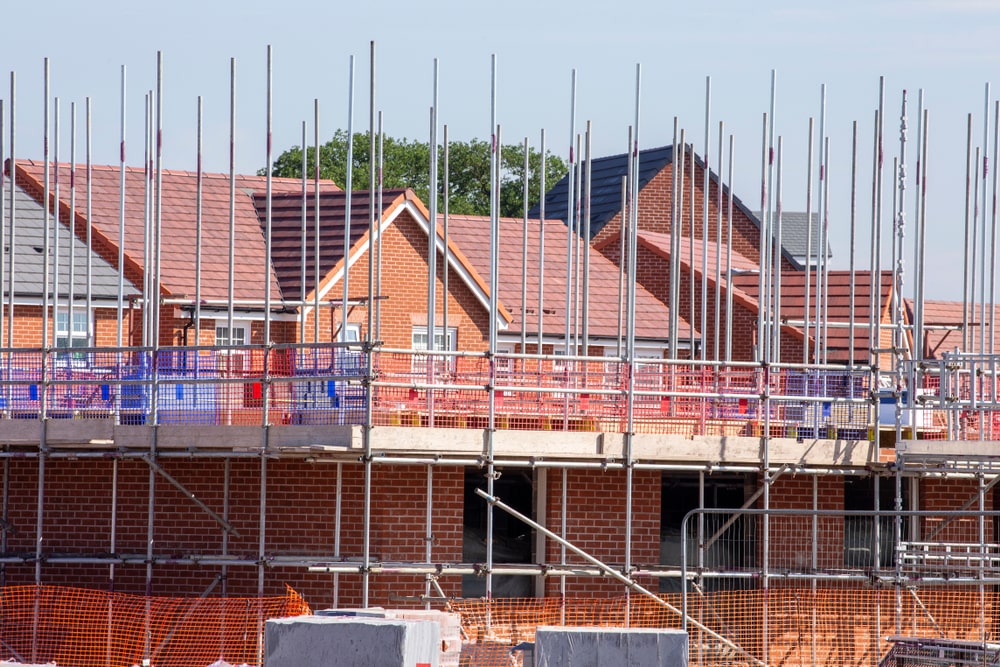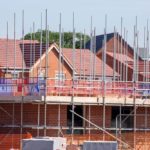News - Construction News
Housebuilding still failing to reach targets

Recent government figures published by the Ministry of Housing, Communities and Local Government, shows that housebuilding and the number of new build homes started and completed in the last quarter of 2019 fell below government targets.
The industry says the coronavirus pandemic is set to impact these further. With many non-essential sites shutting down, mortgage agreements extended and numerous contractors pausing works, the industry is concerned of the knock-on effect.
According to the figures, the new build dwellings figures should be regarded as a leading indicator of overall housing supply.
The figures show that during the last quarter, new build dwelling starts in England were estimated at 34,260, an 11% decrease compared to the previous three months and a 17% decrease on a year earlier.
Annual new build dwelling starts totalled 151,020 in the year to December 2019, a 10% decrease compared with the year to December 2018.
Clive Docwra, Managing Director of leading construction consulting and design agency McBains, said: “The government’s ambitious housebuilding target – delivering a million homes in the next five years – was always going to be extremely challenging, and the latest statistics bear this out. However, the impact of the COVID-19 pandemic will mean this is now virtually impossible.
“Many sites are empty, supply chains have been disrupted and multi-million pounds worth of private investment is on hold for the foreseeable future. That will knock back housebuilding rates months, if not years.
“The government has already announced an unprecedented package of measures to help support business, but once we’ve turned the tide on the virus further help, such as tax incentives, will be needed to get the UK building again.”
If you would like to read more articles like this then please click here.
All information provided in this article is given in good faith. However, to the extent that any actions taken in relation to matters concerning procurement, the above article does not constitute legal advice to you. The contents of these articles are not to be construed as legal advice or a substitute for such advice, which you should obtain from your own legal advisors if required. We are not and shall not be held responsible for anything done or not done by you as a result of the information provided.
Related Articles
More News
- Balfour Beatty awarded contract to build Scotland’s first net zero prison
24 Apr 24
Balfour Beatty has confirmed that it has been awarded a contract to construct the new
- Construction output decreased in February
23 Apr 24
The estimates show that monthly construction output is expected to have decreased 1.9% in volume
- Falling from height workplace injuries
22 Apr 24
Following the recent tragic news of Gogglebox star, George Gilbey's death is a stark reminder






